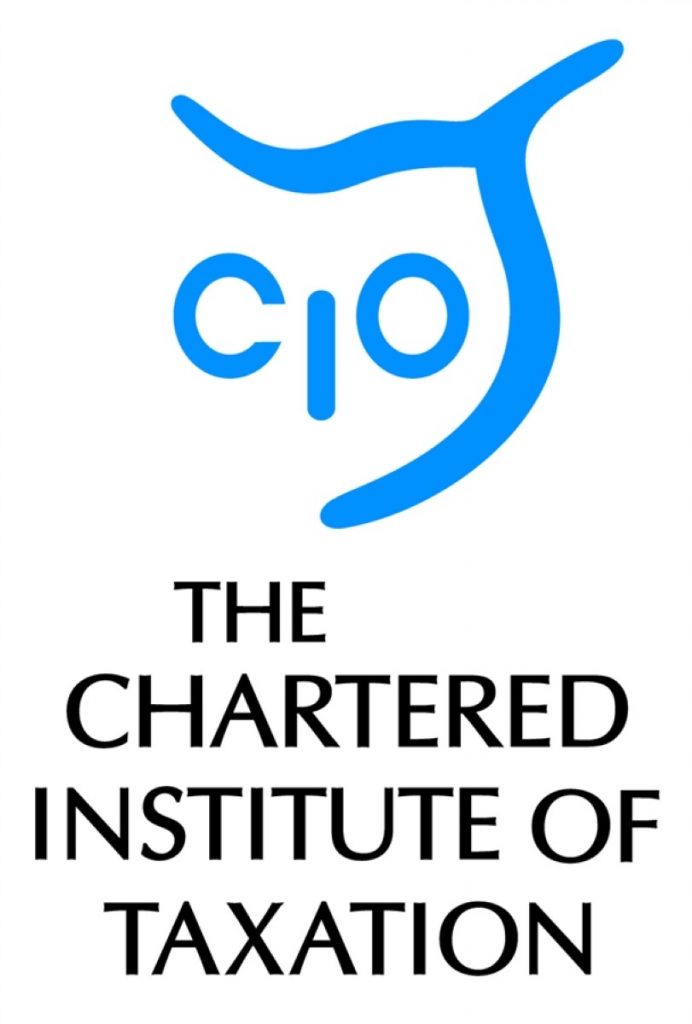New offshore tax evasion offence – threshold change welcomed
Tax advisers have welcomed the Government’s decision, announced today, to restrict the use of a new ‘strict liability’ offshore tax evasion criminal offence to situations where the amount of tax underpaid is £25,000 or more.
Documents published today set out further details of the controversial new offence that removes the need to prove intent for the most serious cases of failing to declare offshore income and gains (making it a ‘strict liability’ offence).
Commenting, Jon Preshaw, Chairman of the CIOT’s Management of Taxes Sub-Committee, said:
“We continue to have concerns over this new offence, which risks criminalising careless mistakes.
“However today’s announcement that there will be a threshold of ‘not less than £25,000 of tax lost per tax year’ reassures us that the Government are serious about fulfilling their promise that the new offence will only be used in the most serious of cases.
“This increase in the proposed threshold from £5,000 to £25,000 is in line with what CIOT called for in our representations to the Government1 and should ensure that in most circumstances ordinary taxpayers making unwitting mistakes are not caught up in this new offence.
“Nevertheless we continue to believe, as a matter of principle, that it should be necessary to show ‘mens rea’ – that a taxpayer had criminal intent – before they can be convicted of a serious criminal offence such as tax evasion. The CIOT strongly supports HMRC’s efforts to tackle tax evasion and we agree that the Government should be putting resources into combatting and investigating it. However HMRC already has the power to criminally investigate anyone with either UK or offshore untaxed funds where they can show these were deliberately not declared. If they cannot show dishonesty or criminal intent then civil penalties, up to double the amount of tax owed, in addition to the tax itself, can still be levied. These are serious powers which HMRC should arguably be making greater use of, and we are unconvinced that this additional ‘strict liability’ offence is justified.”
Note to editors
1. In the CIOT’s submission to the Government’s consultation on the new offence the Institute said:
“We welcome a statutory minimum threshold amount of tax evaded, see draft section 106F(2), although we do not think that £5,000 is high enough. We think that £25,000 would be more appropriate. We agree that it should be based on the ‘potential lost revenue’ model from the existing civil penalties for inaccuracies in returns and that it should apply to each tax year separately.”
2. The Chartered Institute of Taxation (CIOT)
The CIOT is the leading professional body in the United Kingdom concerned solely with taxation. The CIOT is an educational charity, promoting education and study of the administration and practice of taxation. One of our key aims is to work for a better, more efficient, tax system for all affected by it – taxpayers, their advisers and the authorities. The CIOT’s work covers all aspects of taxation, including direct and indirect taxes and duties. Through our Low Incomes Tax Reform Group (LITRG), the CIOT has a particular focus on improving the tax system, including tax credits and benefits, for the unrepresented taxpayer.
The CIOT draws on our members’ experience in private practice, commerce and industry, government and academia to improve tax administration and propose and explain how tax policy objectives can most effectively be achieved. We also link to, and draw on, similar leading professional tax bodies in other countries. The CIOT’s comments and recommendations on tax issues are made in line with our charitable objectives: we are politically neutral in our work.
The CIOT’s 17,500 members have the practising title of ‘Chartered Tax Adviser’ and the designatory letters ‘CTA’, to represent the leading tax qualification





-01.png)